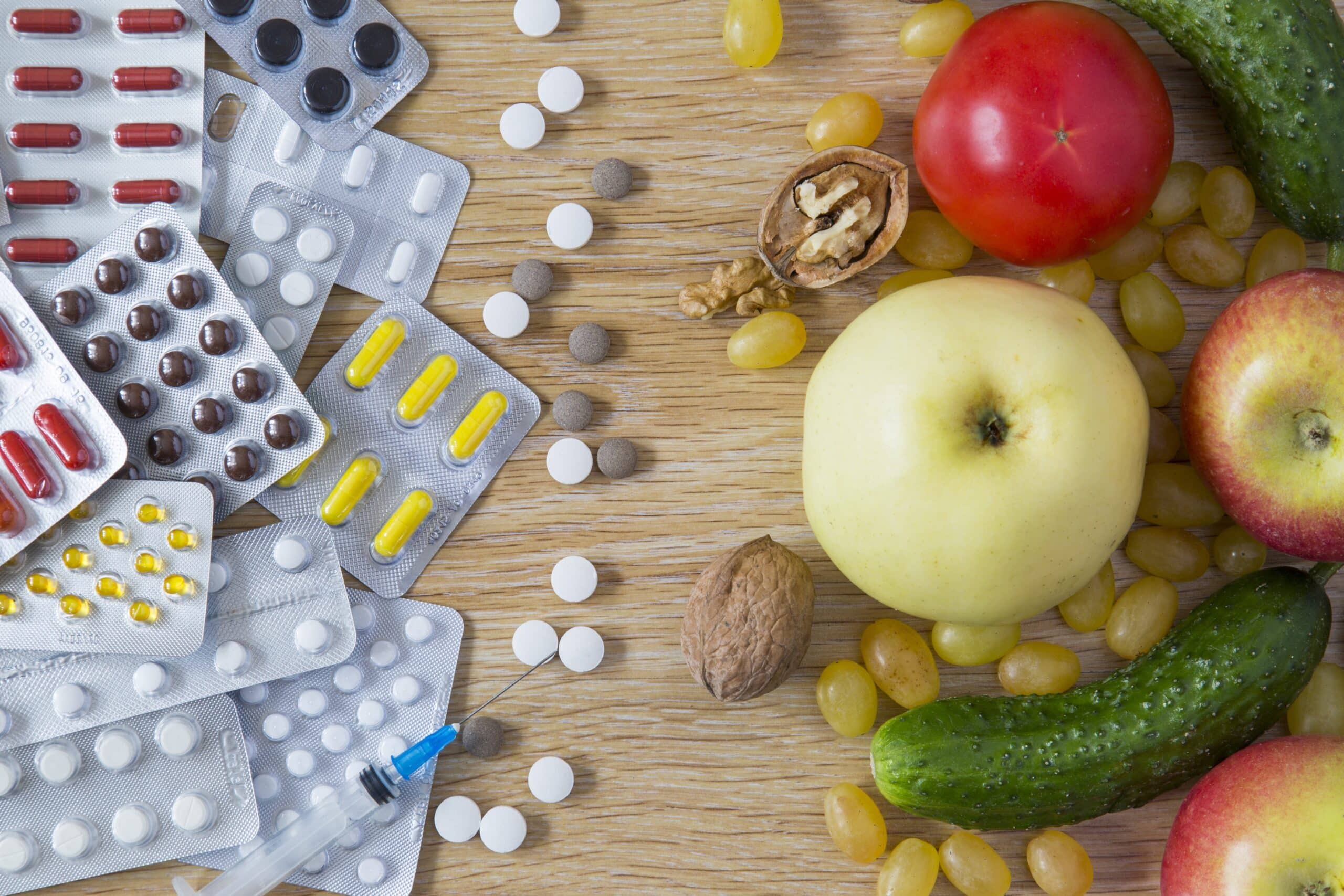Poland’s Diet Supplement Council members agreed to adopt 7 resolutions which specify the maximum ingredients levels for use in supplements intended for adults in their latest meeting; the Sanitary-Epidemiological Council Diet Supplement Team sets levels for caffeine which state one serving can’t exceed 200mg.
“The maximum daily amount of caffeine also applies to the consumption of caffeine from all sources.”
“The maximum amount per day may not exceed 400mg, provided the product does not contain other ingredients, which exert a synergistic effect.”
“In addition, the labelling of dietary supplements containing caffeine or herbal preparations that are a source of caffeine should include information on the total caffeine content in terms of the recommended daily portion of the product.”
Recommendations were made for product labels to include the warning: “Contains caffeine; not recommended for children and pregnant women; do not consume with other products that are a source of caffeine or other ingredients with similar effects.”
After consulting with experts, the Council also agreed to a maximum of 10mg for Vitamin B5 pantothenic acid per day or 200mg per day for other forms of the vitamin such as calcium D-pantothenate, dexpanthenol, and sodium D-pantothenate. Levels for Vitamin B1 thiamine were set at 100mg/day; Vitamin B2 riboflavin were set at 40mg/day; Vitamin B12 cobalamin were set at 100 micrograms per day; iodine levels were set at 150 micrograms per day with a level set at 200 micrograms per day for dietary supplements intended for pregnant and nursing women.
This was the third meeting this year which also set resolutions for preparations containing the white mulberry plant: they refer to the maximum levels of the enzyme inhibitor 1-deoxynojirimycin recommended to a maximum levels of no more than 10mg/day.
“The operator placing the food on the market should have information on the DNJ content, calculated on the recommended daily allowance.”
“In addition, the labelling of dietary supplements containing preparations of white mulberry are recommended to include the warning: In people using insulin therapy or oral hypoglycemic drugs, consult a doctor before use.”
This latest round of updates follows recented recommendations set in August 2019 in which the country’s Ministry of Health set the maximum intake values for vitamin D to 50 micrograms/day for adults among other nutrients to address the lack of European harmonisation on the topic.
A maximum level of 1,000mg per day for adults of Vitamin C was also recommended, although it was advised as not being recommended for those with a predisposition to kidney stones; as well as a maximum intake level of 800 micrograms of retinol equivalent per day for adults was recommended, and a maximum of 7mg per day being set for beta-carotene.
At the beginning of 2019 authorities in the country began to set maximum levels of ingredients used in dietary supplements including setting limits and conditions of use for isoflavones such as soy and others as well as aloe vera and beta alanine preparations.
The actions follow inline with those from other country’s publications including The Netherlands and Ireland which notified the EU of their intentions to set maximum safety levels for vitamins and minerals. Other countries corresponding agencies which also followed suit include the German Federal Institute for Risk Assessment and Norway which amended their existing regulations on vitamin and mineral additions to foods and supplements.




